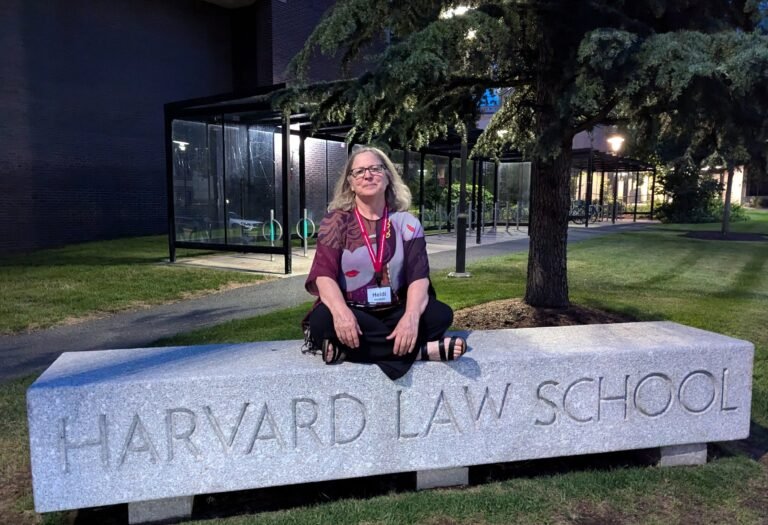
The fight against alcohol use disorder (AUD) has long been limited to a small set of treatment tools—medications like naltrexone or acamprosate, and psychotherapy approaches such as cognitive behavioral therapy (CBT). While these methods help some people, relapse rates remain high. Now, research from both Johns Hopkins University and New York University is exploring an entirely different approach: psilocybin-assisted therapy.
The Johns Hopkins Study: Depression and Alcohol Use Together
Johns Hopkins is currently running a clinical trial to see whether psilocybin can help people who have both Major Depressive Disorder (MDD) and Alcohol Use Disorder—a combination that is common but notoriously difficult to treat.
In this ongoing trial:
-
One psilocybin session is paired with a series of preparatory and integration therapy sessions.
-
Participants attend around 16 visits over about seven months, including therapy before and after the dosing day.
-
Eligible participants are between 21–65, have moderate to severe depression, meet DSM-5 criteria for AUD, and are at low risk for suicidality.
-
The study is being conducted at Johns Hopkins Bayview Medical Center under the leadership of Dr. Frederick Barrett.
No official results have been published yet, but the trial builds on earlier evidence suggesting psilocybin can reduce both alcohol consumption and depressive symptoms.
The NYU Study: What We Know So Far
While Johns Hopkins is still gathering data, NYU researchers have already published results from a landmark 2022 study in JAMA Psychiatry that looked at psilocybin for alcohol use disorder alone.
Study Design
-
93 participants with AUD were randomized into two groups.
-
Both groups received 12 weeks of psychotherapy.
-
One group received two high doses of psilocybin (at weeks 4 and 8).
-
The other group received an active placebo (diphenhydramine) at the same intervals.
-
All sessions were conducted in a supportive environment, typically with two trained facilitators present.
-
A carefully structured music playlist was used to guide and support the experience, following an emotional arc from calming to expansive to grounding.
Key Findings
-
83% reduction in heavy drinking days in the psilocybin group, compared to 51% in the placebo group.
-
More than 40% of psilocybin participants stopped drinking entirely for the remainder of the 8-month follow-up period.
-
Improvements often persisted beyond the formal therapy period.
-
Many participants reported that the psilocybin sessions provided deep personal insight, emotional breakthroughs, and a sense of renewed purpose.
Why the Playlist Matters
Both NYU and Johns Hopkins are known for using music strategically in psychedelic sessions. The Johns Hopkins playlist, developed by psychologist Bill Richards, typically includes:
-
Classical and instrumental pieces
-
Tracks carefully chosen to match the journey’s phases—arrival, ascent, peak, and return
-
Pieces like Samuel Barber’s Adagio for Strings at emotionally significant moments
Music isn’t just “background”—it’s an active part of the therapy, helping participants navigate emotions and memories that surface during the session.
Why This Matters for the Future
If Johns Hopkins’ study confirms that psilocybin can treat both depression and alcohol use disorder at the same time, it could reshape how clinicians approach dual-diagnosis cases. Insurance companies may eventually recognize the long-term cost savings of ending a member’s depression and alcohol misuse in just one or two treatments—rather than paying for decades of medications, therapy, and hospitalizations.
For now, these studies are only available in research settings, but Oregon’s psilocybin services model makes it possible for people to legally access psilocybin experiences with trained facilitators. While we cannot claim to provide medical treatment for alcohol use disorder or depression, many clients who come to Vital Reset for support with substance abuse report making significant life changes—including reducing or eliminating alcohol—after their psilocybin journeys.
Your Next Step
If you’re curious about how a psilocybin journey might support your goals for emotional health and personal growth, you can learn more about our services by filling out a contact form.


